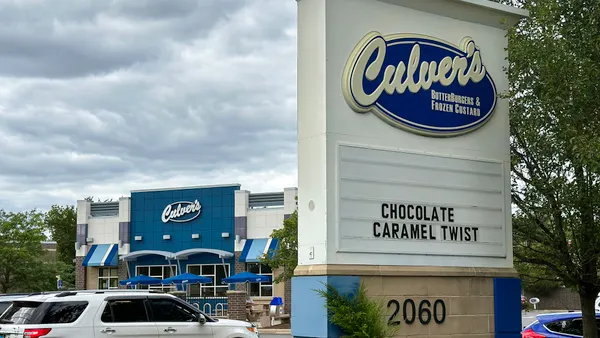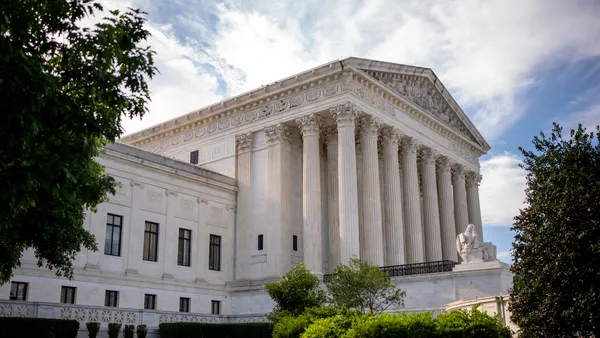Dive Brief:
- A Louisiana city employee failed to state a claim for racial harassment under Title VII of the Civil Rights Act of 1964 based on his overhearing one co-worker call another co-worker a racial slur, a federal district court held July 15.
- The employee alleged that he overheard two co-workers joking about one of them going to the other’s house to collect on a sports bet, to which the other responded, “You will be one dead [racial epithet],” according to a federal magistrate’s findings in Batiste v. City of Rayne. The employee allegedly confronted the offending co-worker, who apologized, the magistrate’s report said.
- The district court adopted the report and dismissed the lawsuit. As alleged, the plaintiff was not the target, but rather overheard two individuals, at least one of whom was African American, joking among themselves, the magistrate noted. These allegations did not rise to the level of harassment that Title VII protects against because a “reasonable person would not find the situation abusive or harassing,” the magistrate said.
Dive Insight:
There’s little question the egregious race-based slur alleged here is probably one of the most offensive words in the English language, the magistrate acknowledged.
Pointedly, “perhaps no single act can more quickly ‘alter the conditions of employment and create an abusive working environment than the use of an unambiguously racial epithet ... by a supervisor in the presence of his subordinates,” the magistrate noted, quoting Rodgers v. Western Southern Life Ins. Co., a 7th Circuit decision from 1993.
The magistrate judge in her report considered Woods v. Cantrell, a 2022 decision from the 5th Circuit that held that a manager’s single racial slur directed at a subordinate in front of his co-workers could support a race discrimination claim under Title VII.
The Woods case stands out because the U.S. Supreme Court long ago clarified that Title VII doesn’t protect against “the ordinary tribulations of the workplace, such as the sporadic use of abusive language, gender-related jokes, and occasional teasing,” the magistrate pointed out.
Rather, Title VII protects against “extreme” conduct, the magistrate’s report said. Under a well-established standard, to violate the law, the alleged harassment must be “sufficiently severe or pervasive to alter the conditions of the victim’s employment and create an abusive working environment,” the report stressed.
To meet the “severe or pervasive” standard, plaintiffs must show the alleged harassment was “objectively hostile or abusive” – meaning it was hostile or abusive “from the perspective of a reasonable person in the plaintiff’s position,” the magistrate explained.
Under an objective inquiry, in contrast to Woods, a reasonable person would not consider the circumstances alleged in this case to be abusive or harassing, the magistrate determined.
Based on the magistrate’s report, the court also dismissed the employee’s retaliation claim that after he reported the slur, his boss asked him to help with work that was not his job.













